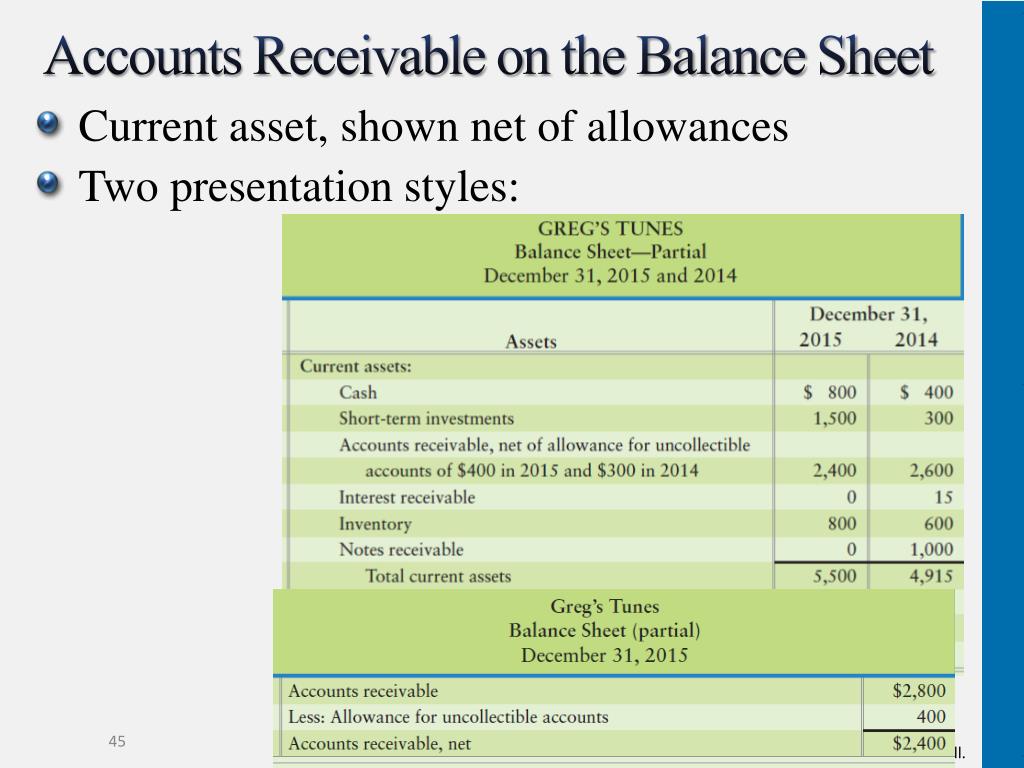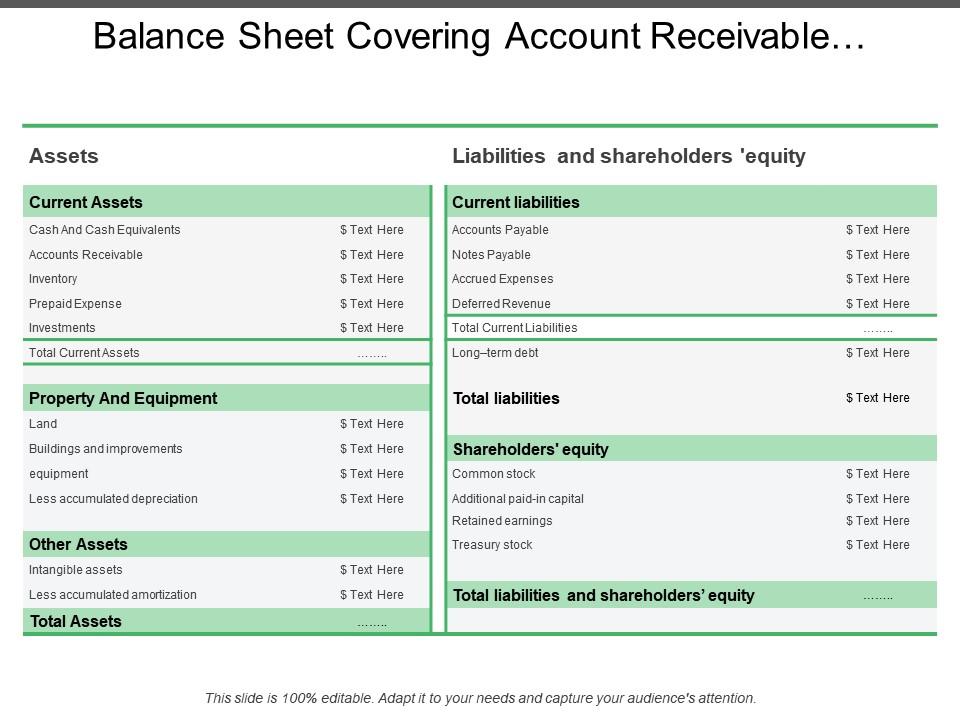Is Accounts Receivable On The Balance Sheet - Accounts receivable are reported as current assets on the balance sheet because they are expected to be converted into cash within a. Since the unmet payment obligation represents a future economic benefit to the company, the accounts receivables line.
Accounts receivable are reported as current assets on the balance sheet because they are expected to be converted into cash within a. Since the unmet payment obligation represents a future economic benefit to the company, the accounts receivables line.
Since the unmet payment obligation represents a future economic benefit to the company, the accounts receivables line. Accounts receivable are reported as current assets on the balance sheet because they are expected to be converted into cash within a.
How to Find Accounts Receivable on Balance Sheet
Accounts receivable are reported as current assets on the balance sheet because they are expected to be converted into cash within a. Since the unmet payment obligation represents a future economic benefit to the company, the accounts receivables line.
What is accounts receivable? Definition and examples
Accounts receivable are reported as current assets on the balance sheet because they are expected to be converted into cash within a. Since the unmet payment obligation represents a future economic benefit to the company, the accounts receivables line.
What are Accounts Receivable and Accounts Payable?
Accounts receivable are reported as current assets on the balance sheet because they are expected to be converted into cash within a. Since the unmet payment obligation represents a future economic benefit to the company, the accounts receivables line.
Accounts Receivable Balance Sheet
Accounts receivable are reported as current assets on the balance sheet because they are expected to be converted into cash within a. Since the unmet payment obligation represents a future economic benefit to the company, the accounts receivables line.
Impressive Gross Accounts Receivable Balance Sheet All Financial Statements
Since the unmet payment obligation represents a future economic benefit to the company, the accounts receivables line. Accounts receivable are reported as current assets on the balance sheet because they are expected to be converted into cash within a.
Accounts Receivable Overview, Why, Risks
Since the unmet payment obligation represents a future economic benefit to the company, the accounts receivables line. Accounts receivable are reported as current assets on the balance sheet because they are expected to be converted into cash within a.
Accounts Receivable on the Balance Sheet
Accounts receivable are reported as current assets on the balance sheet because they are expected to be converted into cash within a. Since the unmet payment obligation represents a future economic benefit to the company, the accounts receivables line.
Accounts Receivable on the Balance Sheet Accounting Education
Accounts receivable are reported as current assets on the balance sheet because they are expected to be converted into cash within a. Since the unmet payment obligation represents a future economic benefit to the company, the accounts receivables line.
PPT Receivables PowerPoint Presentation, free download ID1657894
Since the unmet payment obligation represents a future economic benefit to the company, the accounts receivables line. Accounts receivable are reported as current assets on the balance sheet because they are expected to be converted into cash within a.
Since The Unmet Payment Obligation Represents A Future Economic Benefit To The Company, The Accounts Receivables Line.
Accounts receivable are reported as current assets on the balance sheet because they are expected to be converted into cash within a.

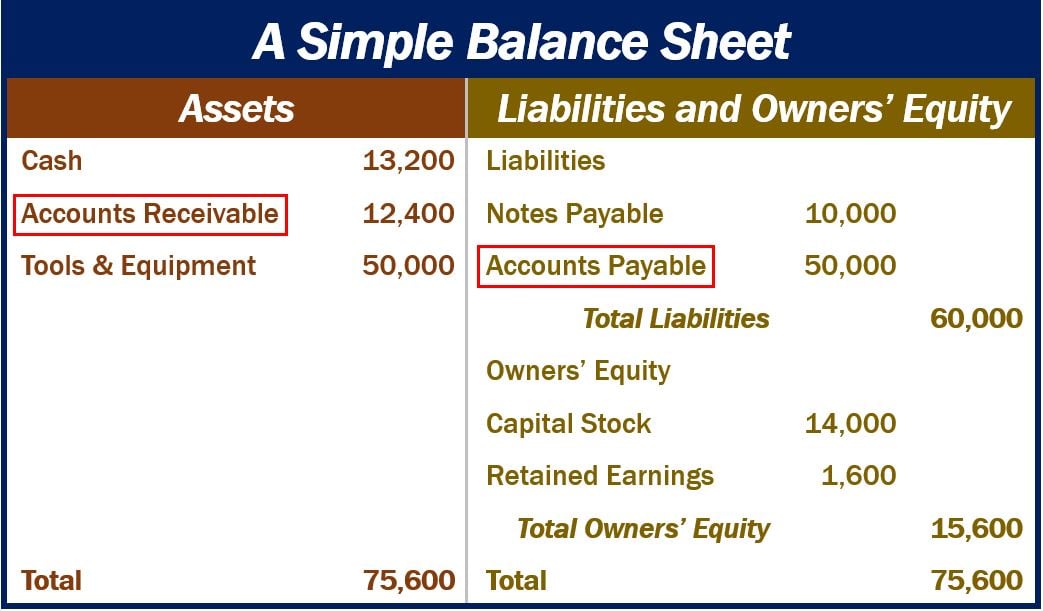
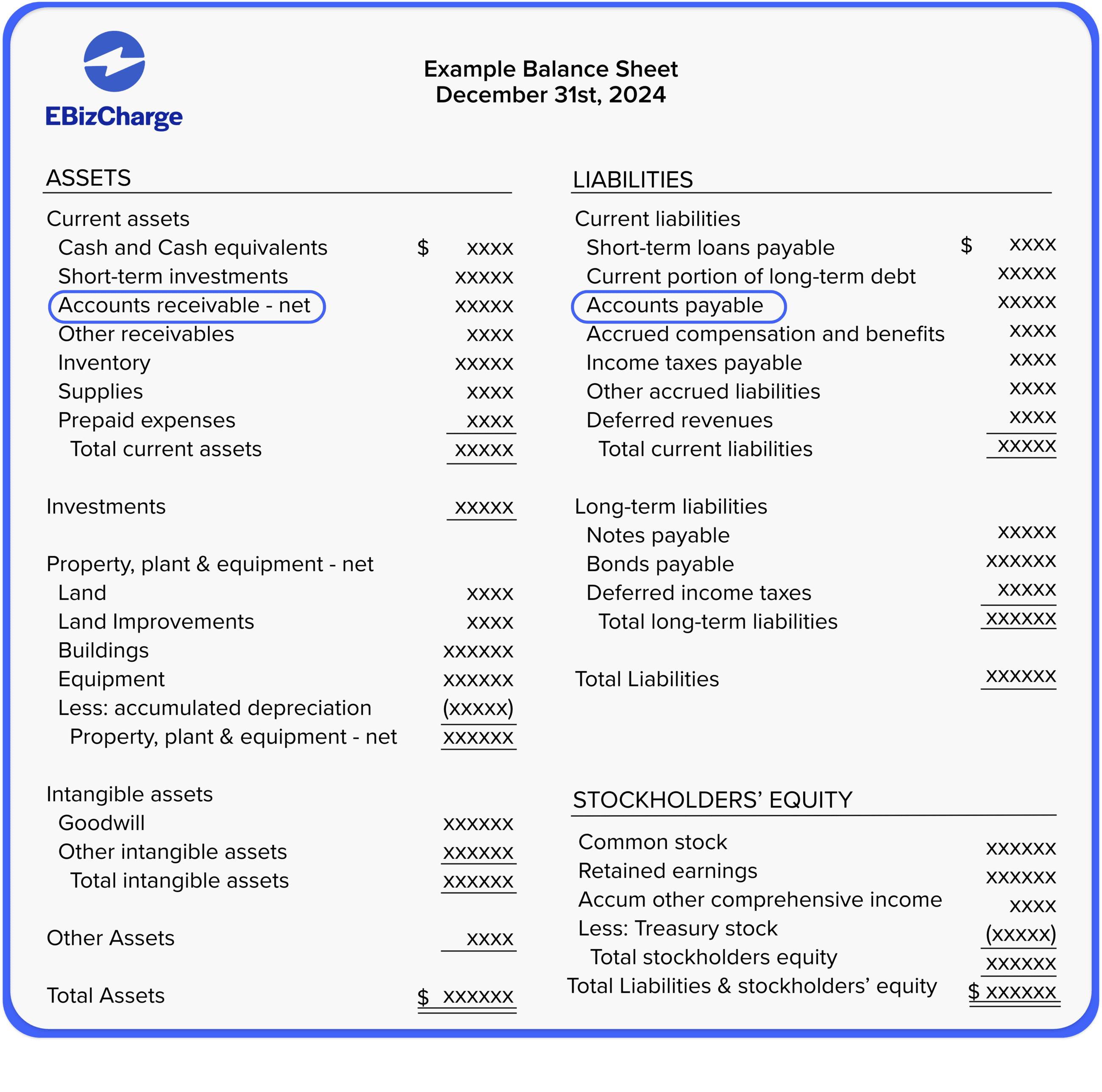


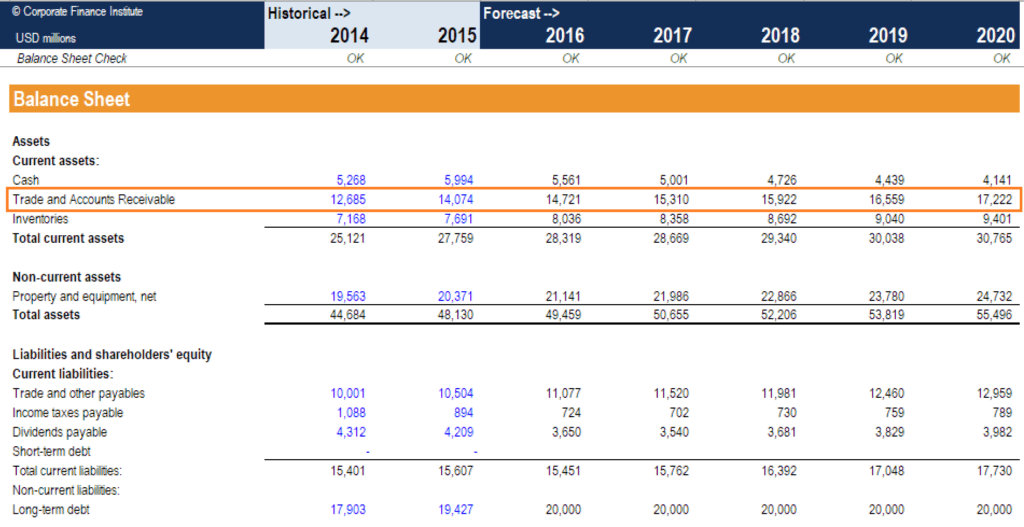
/accounts-receivables-on-the-balance-sheet-357263-final-911167a5515b4facb2d39d25e4e5bf3d.jpg)
